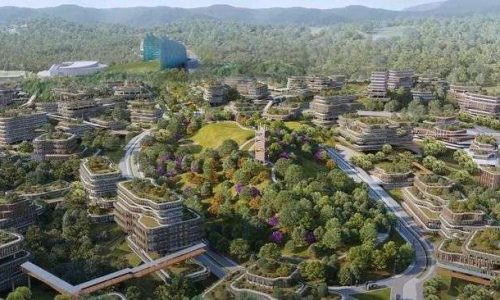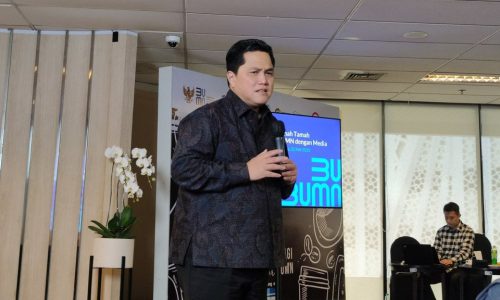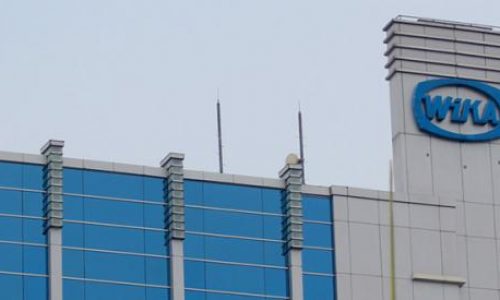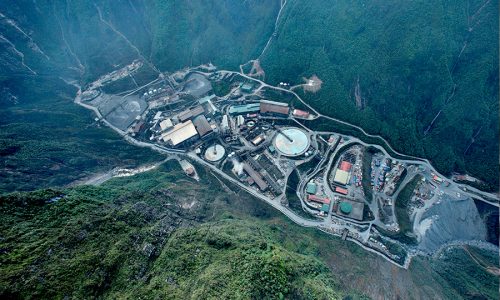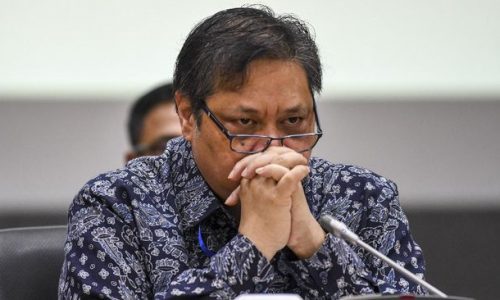The government plans to implement three social aid schemes worth US$1.62 billion (IDR 24.17 trillion) to boost people’s purchasing power amid the risk of inflationary pressures as a result of an expected increase in subsidized fuel prices.
Although the government did not explicitly state that subsidized fuel prices, including Pertalite gasoline and Solar diesel, would be raised soon, Finance Minister Sri Mulyani Indrawati explained that the additional social aid fund was part of President Joko Widodo’s energy subsidy-diversion strategy.
She went on to say that social assistance would be split into three categories: direct cash transfers (BLT), wage subsidies, and a regional transfer budget allocation for public transportation.
Meanwhile, Coordinating Economic Minister Airlangga Hartarto stated that as the government prepares to announce the fuel price increase, it will establish a financial aid scheme for the poor to soften the blow of the planned policy.
Speaking at a public lecture in the S. Rajaratnam School of International Studies, Airlangga said that as the COVID-19 situation is improving and the pace of economic activities are starting to pick up, the government expects that it would be difficult to pay more in subsidies as domestic fuel consumption soars.
“With COVID-19 set aside, we can expect the demand for fuel to increase, and with 55 percent of the Indonesian economy depending on people’s mobility […] we are planning to adjust the prices,” Airlangga told the audience on Monday evening.
Separately, the President of the Indonesia Worker Unions Confederation at a press conference said provision of Wage Subsidy Assistance (BSU) for workers whose salaries are IDR 3.5 million and below, because the increase in fuel prices will not benefit workers shows that the government does not know the demographic map of workers in Indonesia, but through the plan to provide BSU as if the government will become “Santa Claus” and “willing to bribe the people” because the minimum wage for workers has been used up for rented wages, increased transportation, and living costs.


